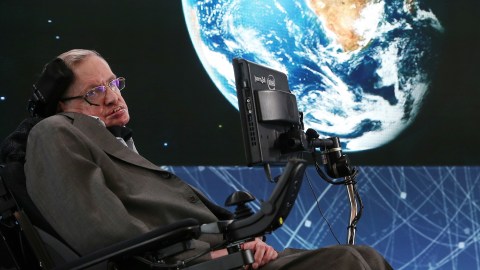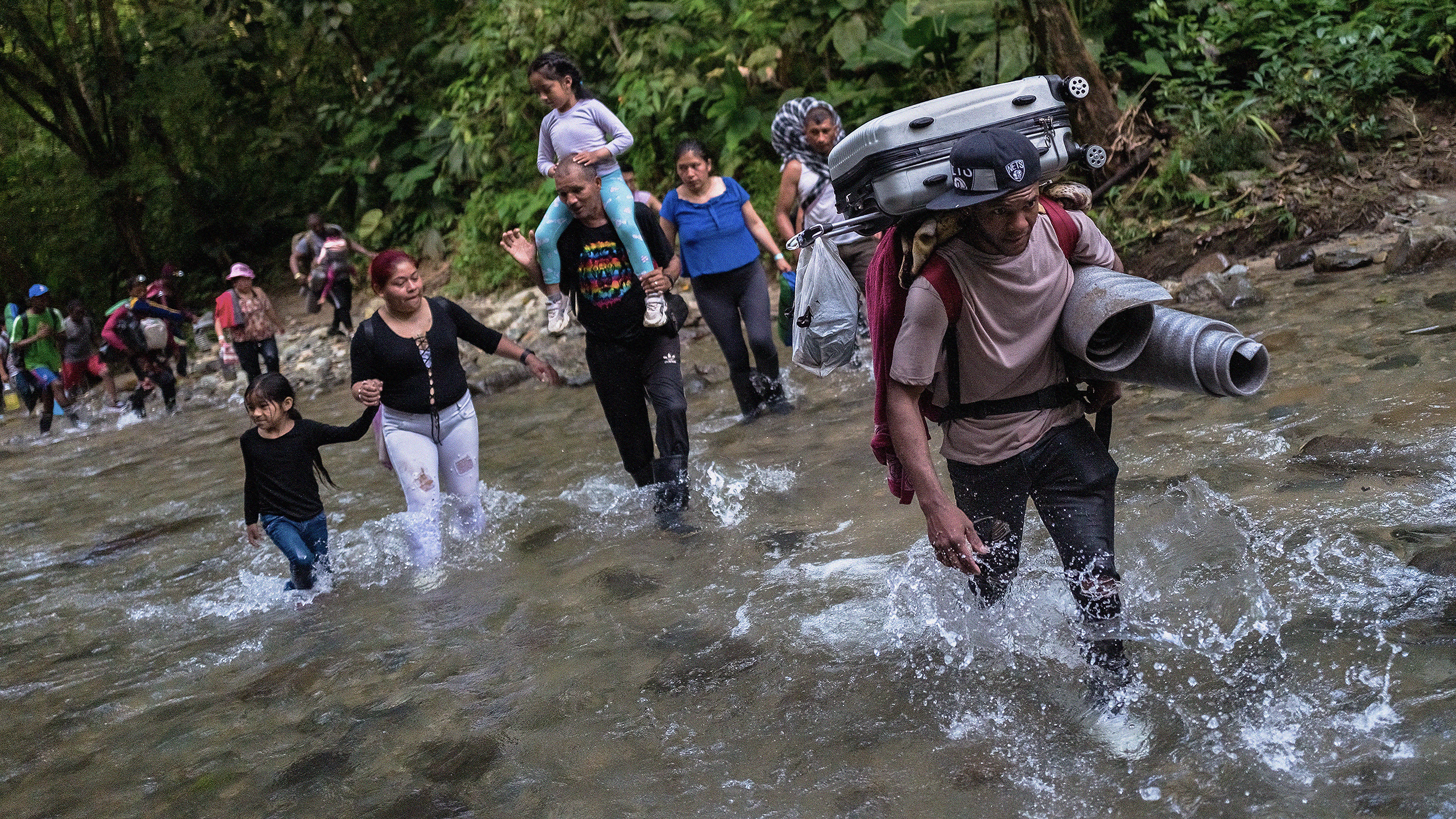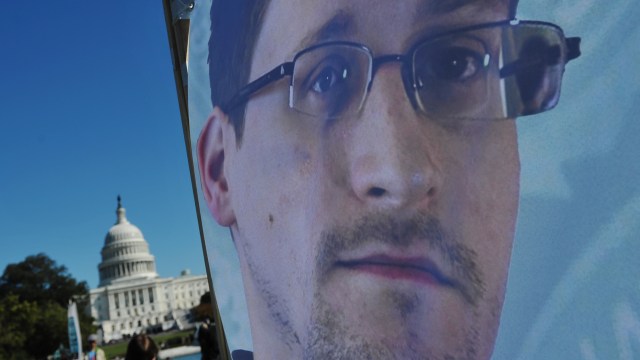Stephen Hawking Says We’re at a “Dangerous Moment” in History

In between time checks on the Doomsday Clock, Stephen Hawking is here to remind us we are living in dangerous times. So, what are we going to do about it?
“We face awesome environmental challenges: climate change, food production, overpopulation, the decimation of other species, epidemic disease, acidification of the oceans,” Hawking wrote in a piece for The Guardianon Dec 1. “We now have the technology to destroy the planet on which we live, but have not yet developed the ability to escape it. Perhaps in a few hundred years, we will have established human colonies amid the stars, but right now we only have one planet, and we need to work together to protect it.”
The growth of America—its path to progress—has been paved with some unintended consequences. But one could argue that in this time of disaster, we could build something better. “To do that, we need to break down, not build up, barriers within and between nations,” Hawking writes. Hawking also acknowledged the recent turn toward nativist populism in western political elections:
What matters now, far more than the choices made by these two electorates, is how the elites react. Should we, in turn, reject these votes as outpourings of crude populism that fail to take account of the facts, and attempt to circumvent or circumscribe the choices that they represent? I would argue that this would be a terrible mistake.
The concerns underlying these votes about the economic consequences of globalisation and accelerating technological change are absolutely understandable. The automation of factories has already decimated jobs in traditional manufacturing, and the rise of artificial intelligence is likely to extend this job destruction deep into the middle classes, with only the most caring, creative or supervisory roles remaining.
The COP21 Paris agreement saw the first-ever time 196 nations came together to take action against climate change. The Paris Agreement is ambitious in its goals, aiming for a zero-carbon-emission economy to be established by the later half of the 21st century. It’s a confirmation to businesses that we’re moving away from coal and fossil fuels. However, Donald Trump’s election threatens this arrangement.
Government regulation will be a huge influencer in energy adoption in the future. Uruguay’s own radical adoption of green energy solutions shows just how much policy can affect change.
There is a very real possibility the progress made toward lessening the effects of climate change and everything that comes with it will be undone once Trump takes office.
“The United States used to be the world leader in technology,” says Bill Nye. “But when you have this group of leaders, elected officials who are anti-science you’re setting the U.S. back and then ultimately setting the world back.”
Read the full piece by Stephen Hawking over at The Guardian.





